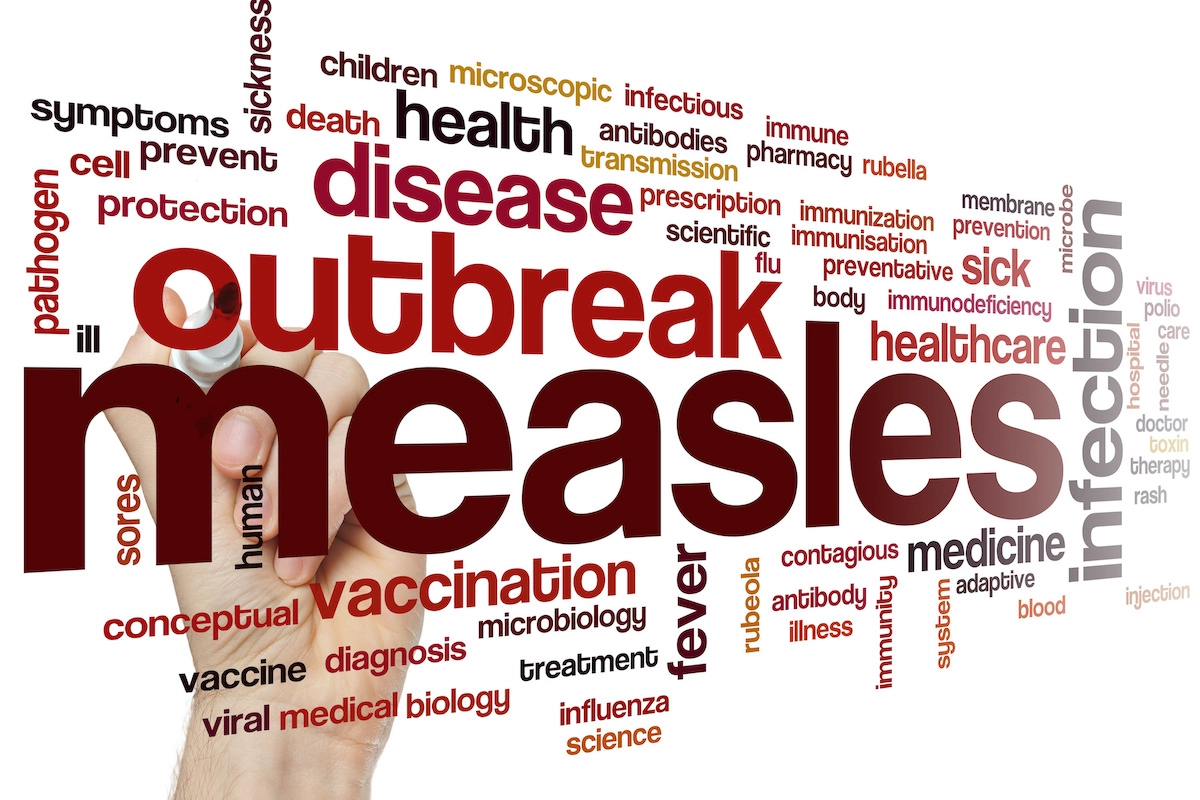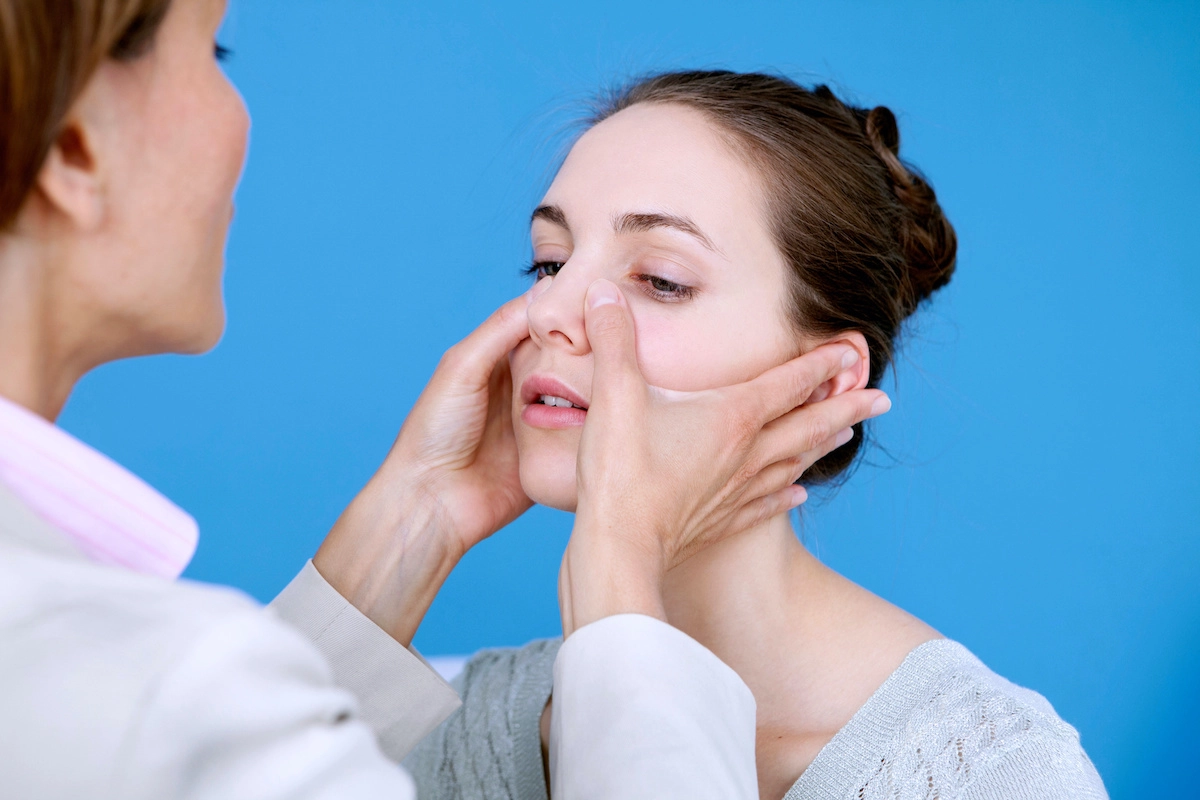
Measles was declared eliminated from the United States in 2000 by the World Health Organization due to the success of vaccination efforts. However, declines in measles vaccination rates globally during the COVID-19 pandemic increased the risk of larger measles outbreaks worldwide, including in the United States, and it continues to be reintroduced by international travelers. In recent years, anti-vaccination sentiment has allowed for the reemergence of measles outbreaks. The number of children who are not getting the measles vaccine has increased, making the U.S. population more susceptible to infection.
Who is most at risk? Unvaccinated children are at risk of getting measles, but so are other people who are not able to get the vaccine or who have compromised immune systems.
Nine out of 10 unimmunized children who are in contact with an infected person will contract the virus. The virus can linger in the air for about two hours after a person with measles has left the room. It can infect those who enter the room if they are unimmunized.
Measles is a highly contagious viral illness. It can take up to 21 days for symptoms to begin after exposure. When complications do occur, they can include ear infections, pneumonia, and encephalitis or inflammation of the brain that can lead to permanent neurologic damage and even death. On average, measles kills between one and three of every 1,000 infected children.
Measles can cause severe health complications, but two doses of the MMR vaccine are very effective at preventing infection.
You’ve read that vaccines can cause unwanted side effects. Should you be concerned? The measles vaccine is extremely safe. Some children—about 10 percent—will develop a fever about six to 12 days after vaccination, and an even smaller percentage will have a rash that can last a few hours to a day or two. In extremely rare cases, the fever can precipitate a seizure in children predisposed to fever-induced seizures. Scientific research has shown unequivocally that the measles vaccine does NOT cause autism or other permanent neurologic or developmental problems.
Get vaccinated. Protect yourself, your family, and others. Adults and children who need the MMR vaccine should contact their primary care provider or a pharmacy determine availability of vaccine.
Sources: https://en.wikipedia.org/wiki/Measles_resurgence_in_the_United_States;
https://www.statnews.com/2023/08/02/adult-measles-infection/;
The Centers for Disease Control and Prevention, https://www.cdc.gov; https://www.hopkinsmedicine.org/health/conditions-and-diseases/measles-what-you-should-know











